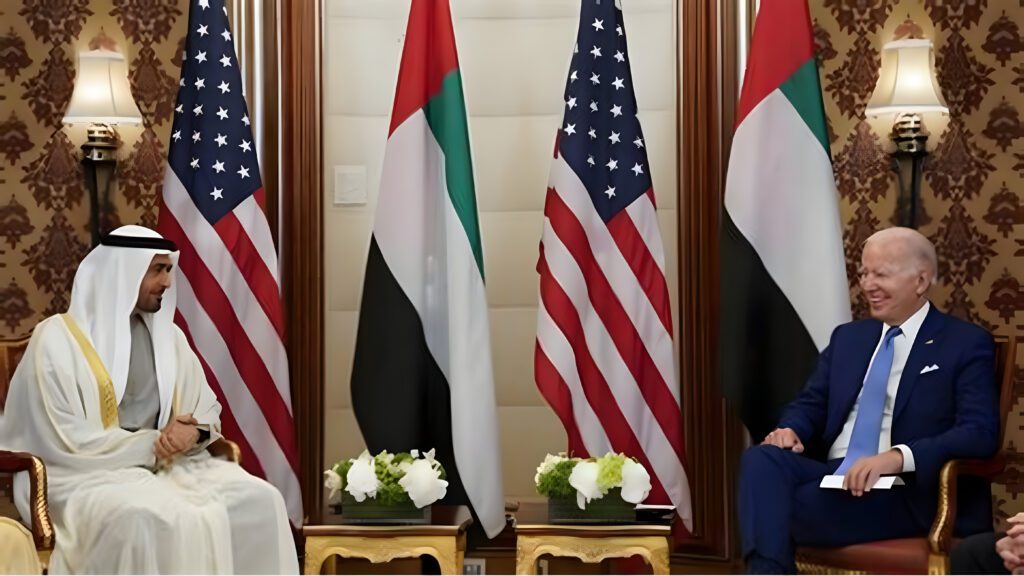The Biden administration has embarked on a final diplomatic effort to address ongoing conflicts and promote stability in the Middle East, focusing on critical issues in Gaza, Syria, and regional dynamics. These efforts aim to establish a foundation for lasting peace and political resolution before the administration concludes its term.
Ceasefire Talks in Gaza
National Security Adviser Jake Sullivan has undertaken a diplomatic mission to mediate a ceasefire between Israel and Hamas. The conflict, ignited by a deadly Hamas attack in October 2023, has led to widespread destruction and humanitarian crises in Gaza. Sullivan is prioritising an end to hostilities and the release of hostages held by Hamas, which has been a key sticking point in negotiations. Although challenges persist, there are indications of progress, with efforts being made to improve humanitarian access and foster dialogue.
Political Transition in Syria
Secretary of State Antony Blinken is spearheading talks with regional leaders to navigate Syria’s political transition following the removal of President Bashar al-Assad. Discussions have centred on securing chemical weapons stockpiles, ensuring the delivery of humanitarian aid, and averting the country’s descent into a haven for extremist factions. Establishing an inclusive government in Syria, representing its diverse ethnic and religious groups, remains a top priority to counter the resurgence of threats like the Islamic State.
In Jordan, Blinken met with King Abdullah II to address concerns about regional stability and Syria’s future. The dialogue emphasised collaboration with Arab states to support a peaceful transition and secure commitments for humanitarian initiatives.
Engagement with Turkey
In Turkey, Blinken engaged with President Recep Tayyip Erdogan and other senior officials to stabilise northern Syria, where clashes between Turkish-backed rebels and U.S.-supported Kurdish forces have intensified. While reaffirming the U.S.’s counterterrorism priorities, Blinken also addressed Turkey’s concerns about security threats near its border, highlighting the need for a balanced approach that ensures stability while respecting regional sensitivities.
Broader Regional Implications
These diplomatic moves come amid escalating tensions in the region, including Israel’s military operations in Gaza and Lebanon. Additionally, Turkey’s decision to reopen its embassy in Syria signals a significant shift in its approach, further reshaping the regional political landscape. The Biden administration has also coordinated closely with Arab foreign ministers and Israel to minimise the risk of further conflicts and to pave the way for constructive dialogues.
Challenges and Uncertain Outcomes
While these efforts have seen some progress, considerable challenges remain. The humanitarian situation in Gaza continues to deteriorate, with widespread civilian casualties and significant disruptions to aid delivery. In Syria, the political vacuum created by Assad’s ouster has increased the activity of extremist groups, further complicating the path to peace.

Adding to the complexity is the impending transition to a new U.S. administration. While the Biden team is briefing the incoming leadership on the status of negotiations, it remains uncertain how these efforts will align with potential shifts in U.S. foreign policy.
The Path Forward
The Biden administration’s focus on the Middle East underscores a commitment to addressing entrenched conflicts and fostering stability in a region fraught with political, social, and economic challenges. The success of these initiatives will not only influence the immediate future of the Middle East but will also shape the broader geopolitical landscape, setting the stage for the next phase of U.S. engagement in the region.












